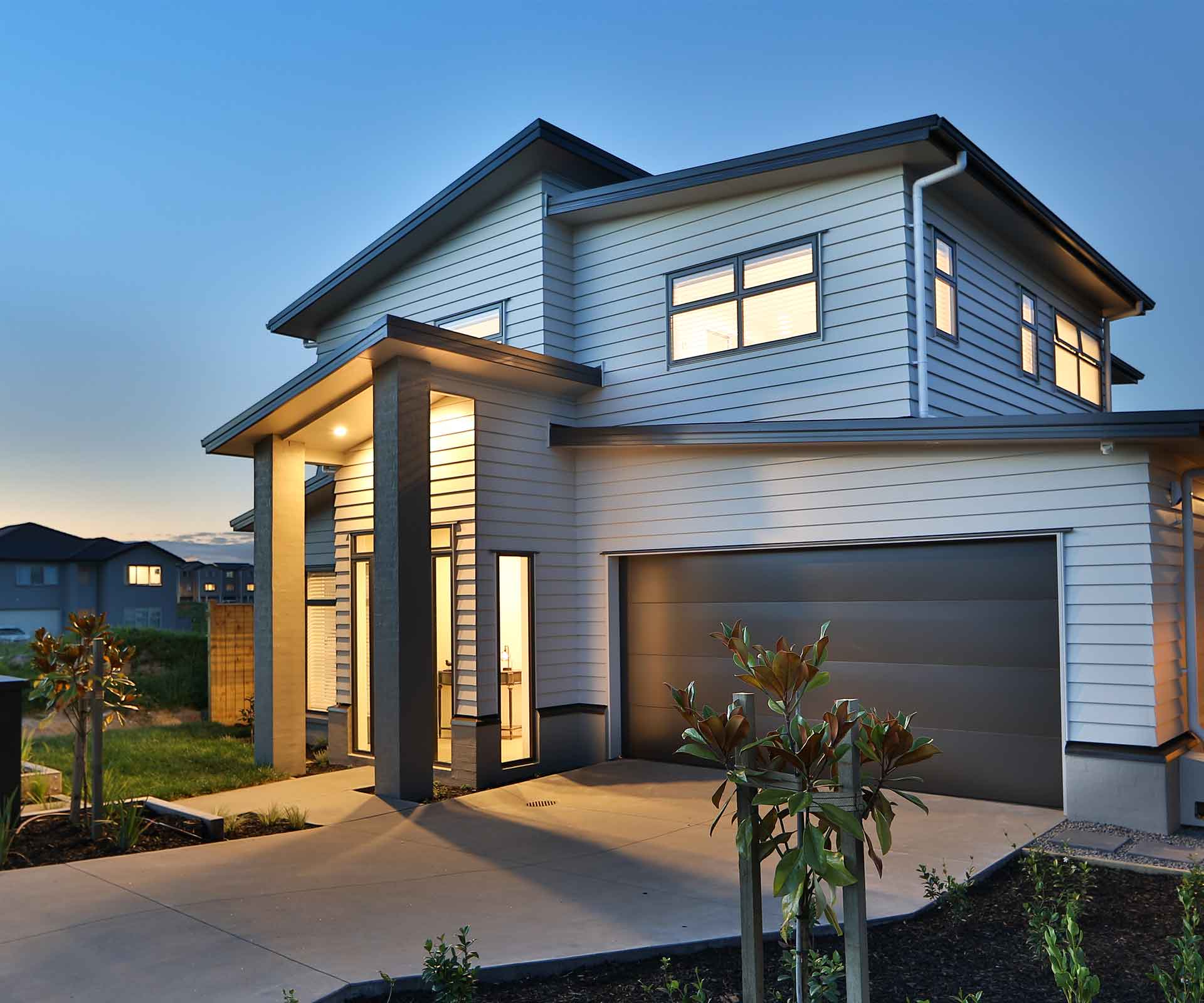 The pace of existing home sales may have cooled off in December from its blistering pace in October, but today’s release still serves to bolster real estate market strength and continued demand for homes towards the end of the year. Despite the first decline since May, the transaction volume remains just below the highest level in almost 15 years. Low mortgage rates help fuel competition for the relatively few homes for sale, causing homes to fly off the market and prices to rise at a historically strong pace. Similar to sales volume, annual price growth retreated slightly in November but remains close to its strongest pace in more than a decade. Given that mortgage rates are expected to stay near recent lows in the coming months, and a wave of prime-age people aging and keen to enter the market, this solid demand for housing is likely to continue and grow through 2021 more activity across the company lead real estate market. On the surface, today’s release may look like a bit of a step backwards for the property market, but in reality it is the latest reflection of the strength of the property market as 2020 draws to a close.
The pace of existing home sales may have cooled off in December from its blistering pace in October, but today’s release still serves to bolster real estate market strength and continued demand for homes towards the end of the year. Despite the first decline since May, the transaction volume remains just below the highest level in almost 15 years. Low mortgage rates help fuel competition for the relatively few homes for sale, causing homes to fly off the market and prices to rise at a historically strong pace. Similar to sales volume, annual price growth retreated slightly in November but remains close to its strongest pace in more than a decade. Given that mortgage rates are expected to stay near recent lows in the coming months, and a wave of prime-age people aging and keen to enter the market, this solid demand for housing is likely to continue and grow through 2021 more activity across the company lead real estate market. On the surface, today’s release may look like a bit of a step backwards for the property market, but in reality it is the latest reflection of the strength of the property market as 2020 draws to a close.
Remote work opened up new living opportunities
The rise of remote working could be one of the most significant and lasting changes in the world after the pandemic, and it could have a major impact on future housing preferences. A HOMES INFO poll of the Harris poll found that two-thirds of those working from home during the pandemic would consider moving if they had the opportunity to continue working remotely, at least occasionally.
Working from home was more engaging near the water, beach, or mountains. Page views of offers for sale on HOMES INFO in 20 popular vacation destinations increased by almost 50% compared to the previous year.
The freedom to telework also opened up the American dream of owning a home for nearly two million tenant households who couldn’t afford a starter house on their expensive subway but could afford monthly payments for the typical US starter house. Black renters could benefit the most: They are 29% more likely than other renters to be able to afford a first home due to the rise in teleworking.





